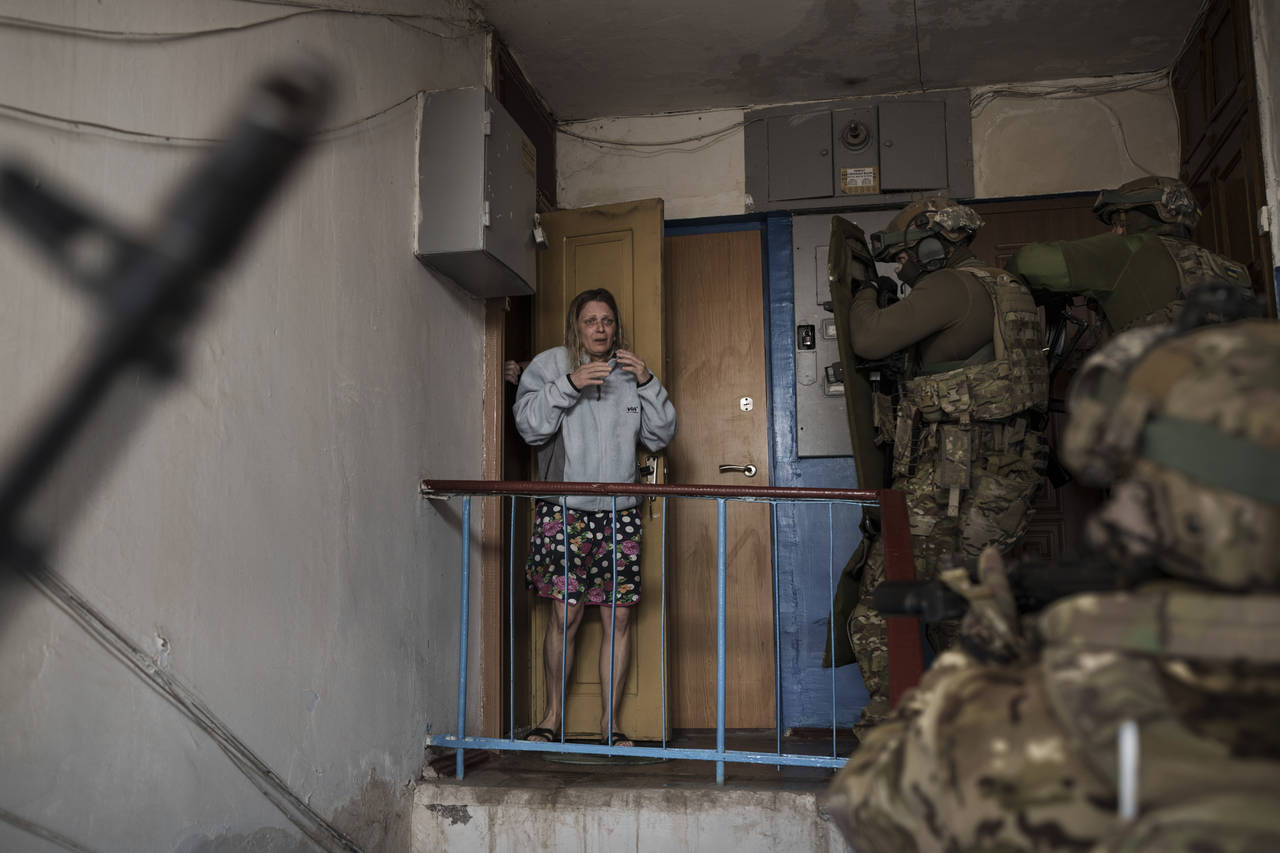- Get link
- X
- Other Apps
- Get link
- X
- Other Apps
Offenders face up to 15 years in prison for collaborating with Russian forces, making public denials about Russian aggression or supporting Moscow. Anyone whose actions result in deaths could face life in prison.
“Accountability for collaboration is inevitable, and whether it will happen tomorrow or the day after tomorrow is another question,” Zelenskyy said. “The most important thing is that justice will be served inevitably.”
Although the Zelenskyy government has broad support, even among many Russian speakers, not all Ukrainians oppose the invasion. Support for Moscow is more common among some Russian-speaking residents of the Donbas, an industrial region in the east. An eight-year conflict there between Moscow-backed separatists and Ukrainian government forces had killed over 14,000 people even before this year’s invasion.
Some businessmen, civic and state officials and members of the military are among those who have gone over to the Russian side, and Ukraine’s State Bureau of Investigations said more than 200 criminal cases on collaboration have been opened. Zelenskyy has even stripped two SBU generals of their rank, accusing them of treason.
A “registry of collaborators” is being compiled and will be released to the public, said Oleksiy Danilov, head of Ukraine’s Security Council. He refused to say how many people have been targeted nationwide.
With martial law in place, authorities have banned 11 pro-Russian political parties, including the largest one that had 25 seats in the 450-member parliament – the Opposition Platform For Life, which was founded by Viktor Medvedchuk, a jailed oligarch with close ties to Putin.
- Get link
- X
- Other Apps


Comments
Post a Comment